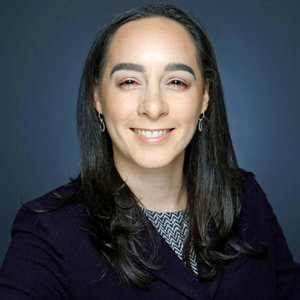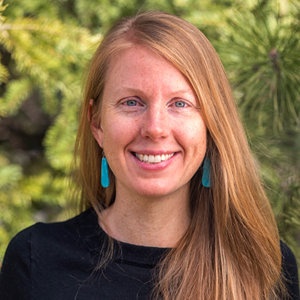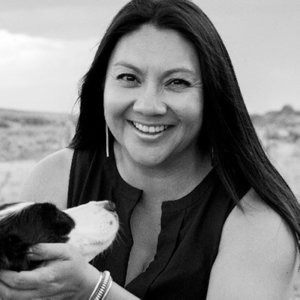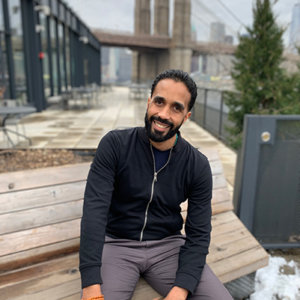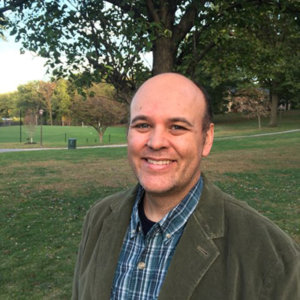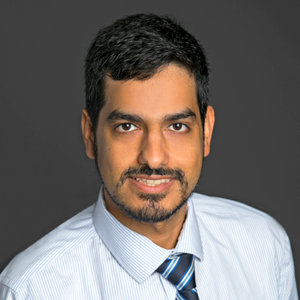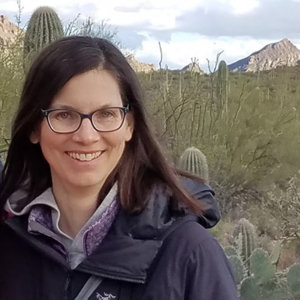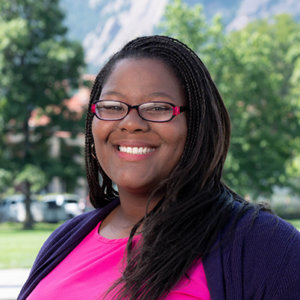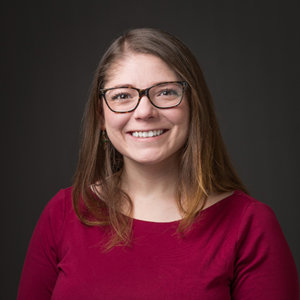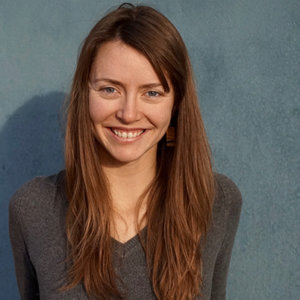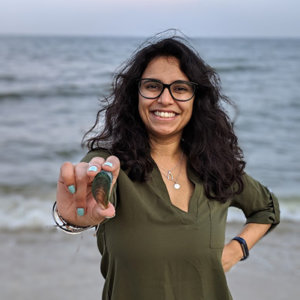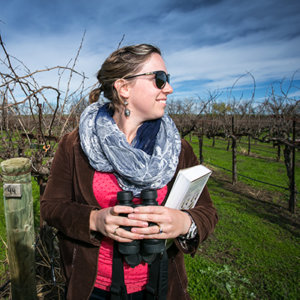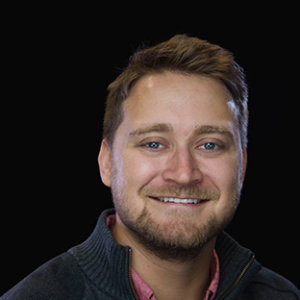Scientist Sentinels: Civic Engagement and Leadership Program
This program brings together scientists working at the nexus of environment and civic engagement to advance the role of science in the United States, inspire their peers, and support evidence-based decision making at the local level and beyond.
When scientists are at the table alongside local community decision makers, we get more informed solutions that have a greater chance of success. We are growing a network of leaders who bring their whole selves to their science and engagement, and who apply their diverse perspectives to solving urgent challenges. By engaging with community leaders, resource managers and policy makers, scientists can advance durable, innovative solutions that build a better future for the United States and its diverse peoples and environments.
Program Overview:
- Nine months of virtual and in-person training in science communication, engagement, and leadership with world-class experts and trainers that will provide you with the knowledge, tools, and support you need to help you realize your civic engagement goals;
- Membership in a cohort of motivated, inspirational scientists and researchers who are eager to support each other in making the world a better place;
- Coaching, peer support, and additional training opportunities to help you develop as a scientist leader;
- Guidance on how to identify opportunities to engage and navigators who can help you gain access to discussions where your research is relevant;
- Confidence in your abilities and the support of your network, and connection to your purpose and goals.
Past Cohorts
2020 Science Sentinals
2018
Dr. Adelita G. Cantu
Dr. Amanda Fencl
Dr. Anne Hilborn
Dr. Carlos M. De León-Rodríguez
Dr. Laura E. Martinez
Melissa Watkinson
Michelle Del Rio
Dr. Mohamed Yakub
Nicholas Santos
Dr. Paula Stigler Granados
Dr. Ramesh Laungani
Dr. Sarah Evanega
Dr. Se Jin Song
Shayle Benjamin Matsuda
Dr. Vijay Limaye
